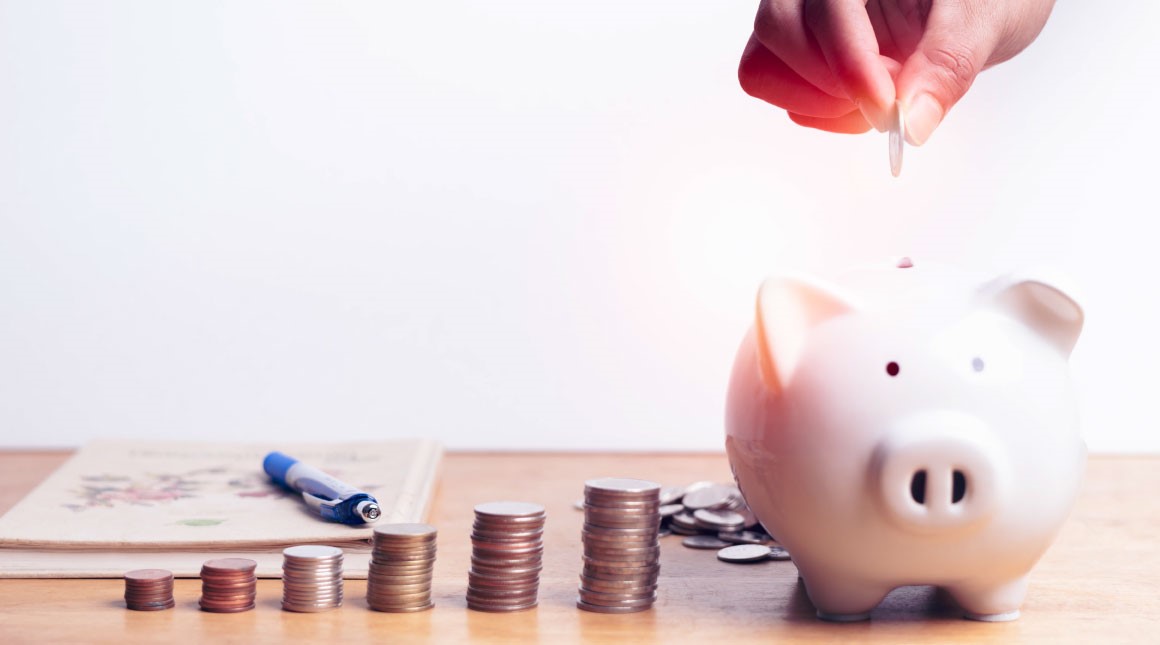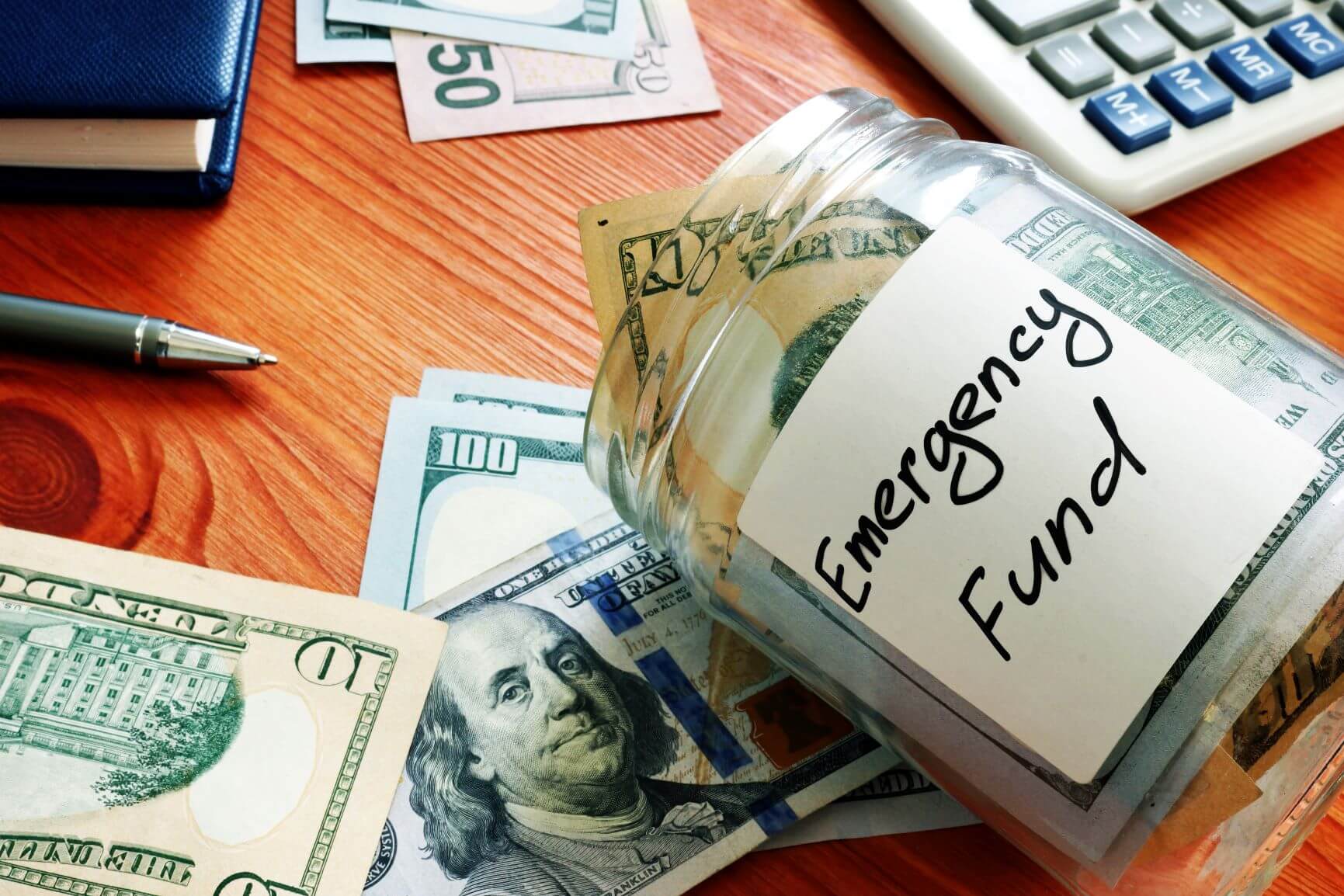
Financial well-being August 30, 2023 By
Don't you wish you had a crystal ball that could tell you everything that would happen to you and your money? As much as I'd love to see into the future, I cannot, and neither can you. The one thing we do know is that if something can go wrong, it will, as Murphy's Law says. So, our best defense comes in the form of an emergency fund! An emergency fund is money set aside for life’s unexpected expenses. A tip to consider is that emergencies are events that are unexpected, urgent, and necessary. Some examples of emergencies include breaking your glasses, having car trouble, or losing your job. Those events are what the fund is for. Every emergency requires a response, and an emergency fund allows you to choose how you respond.
Experts recommend saving between three and six months of emergency expenses…and that may feel impossible to accomplish while living paycheck to paycheck or drowning in debt! But I promise you, there is hope. One of the perks of an emergency fund is that you no longer need to go into debt to solve a problem, no matter how big.
To build your emergency fund, we recommend following the Dave Ramsey Baby Steps. Let's go over the first two.
Baby Step 1 is to save $1,000 in a starter emergency fund as fast as possible. Give your fund a name so you remember your purpose. Some people call it a "Rainy Day Fund." Others call it a "Peace of Mind Fund." The most important thing you need to do to start this process is create a zero-based spending plan, a.k.a. a budget. When you know where every dollar of your income is going, you are empowered to make informed spending and saving decisions. Every expense adds up! You may be spending more than you think – and that money could be going into building your emergency fund.
Here are some ways you can increase your income to build your emergency fund faster:
- Autosave a percentage of every paycheck.
- Sell items in a yard sale or online.
- Pick up a second job or contract work.
- Collect spare change found in your clothes and around the house.
One of the easier ways to start saving is to stop spending. Here are some suggestions:
- Make coffee at home instead of buying it every day.
- Cook at home instead of eating out.
- Go grocery shopping with a list to avoid impulse purchases.
- Cancel all unused or unwanted subscriptions.
Baby Step 2 is to eliminate all your debt except for your mortgage. Debt payoff is saving…you're saving yourself interest that you would have paid to someone else! The faster you pay off your debt, the faster you can grow your money. To see how quickly you can be debt free, check out this free resource at undebt.it.
Ready to start, but you need some inspiration? Watch First United Bank's "Survive" from Survive, Revive, and Thrive.
Having emergency savings is a proven way to keep unexpected inconveniences from turning into financial crises. Since it’s money you already have, you no longer need to use credit or loans to cover the unexpected. We can’t always prevent emergencies, but we can always be prepared to face them head-on!
Here's what you can do TODAY:
- Ready to start? Use our Emergency Savings Worksheet!
- Need inspiration? Watch First United Bank's "Survive" from Survive, Revive, and Thrive.
- Looking for easy ideas to start saving? Download 100 Money-Saving Hacks!
How much can you save? See how your savings grow using compound interest.
- Gillespie, L. (2023, February 23). Bankrate's annual emergency fund report. Bankrate. Retrieved February 28, 2023, from https://www.bankrate.com/banking/savings/emergency-savings-report/
- Pino, I. (2023, January 30). 57% of Americans can't afford a $1,000 emergency expense, says New report. Fortune Recommends. Retrieved February 28, 2023, from https://fortune.com/recommends/banking/57-percent-of-americans-cant-afford-a-1000-emergency-expense/




